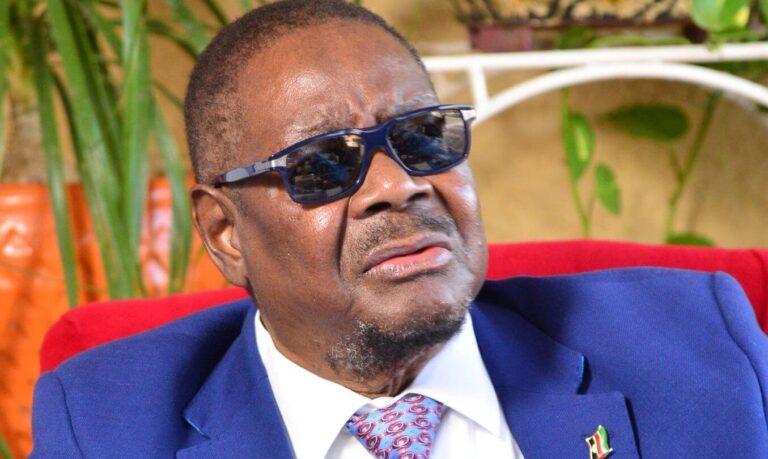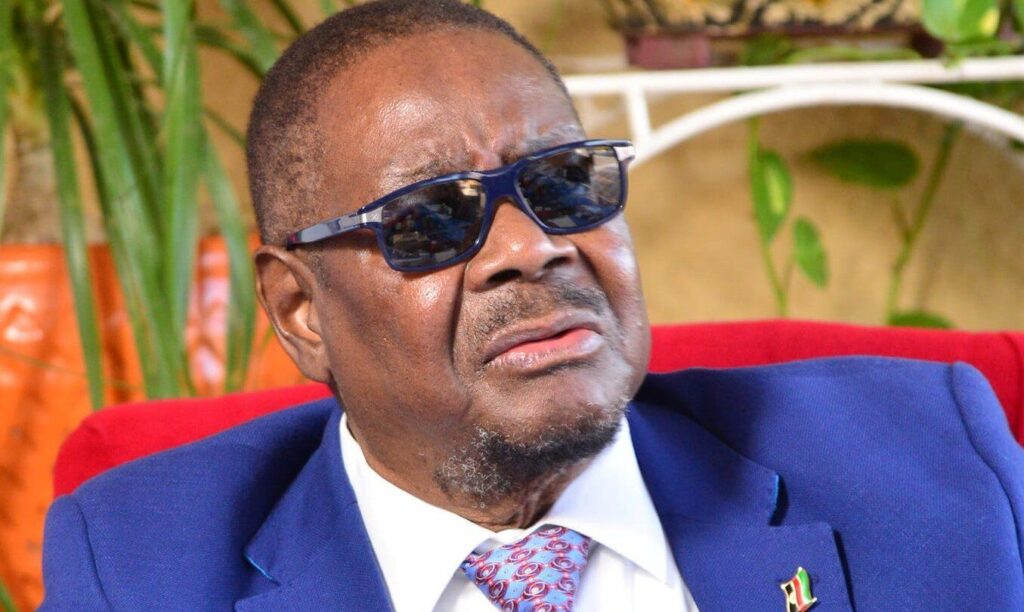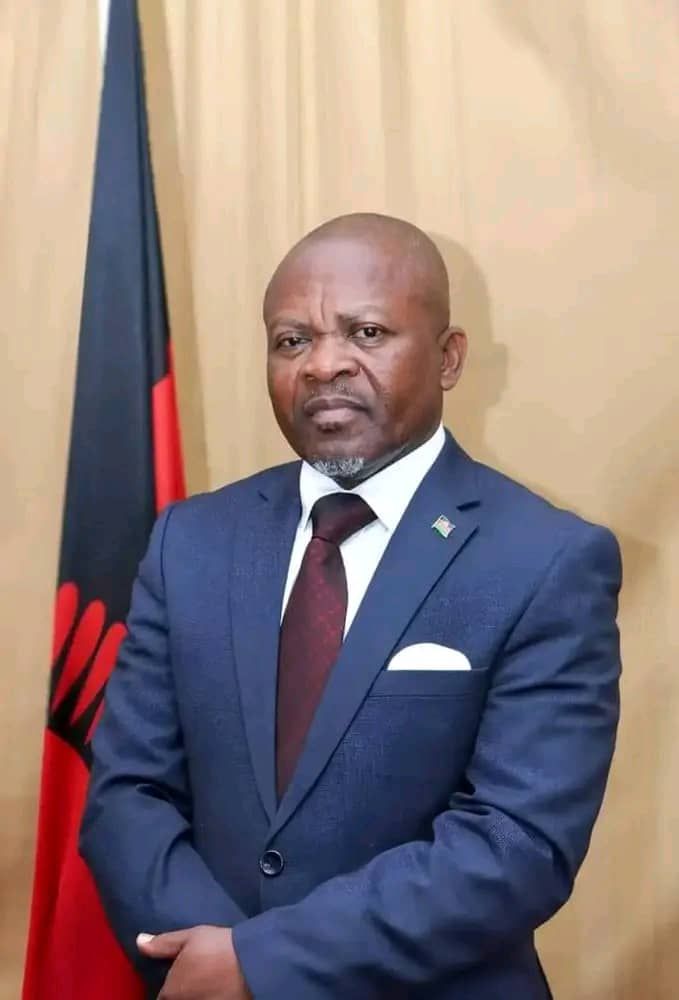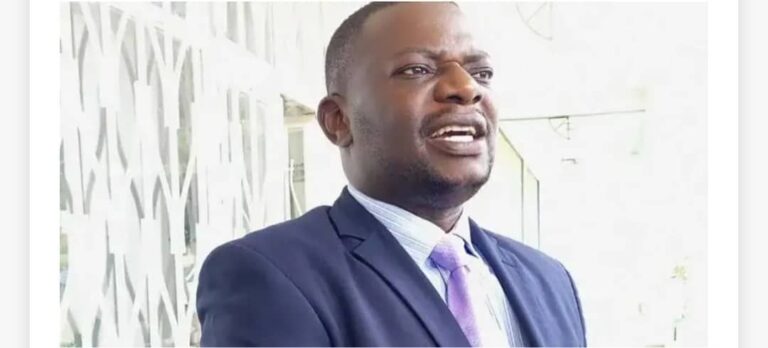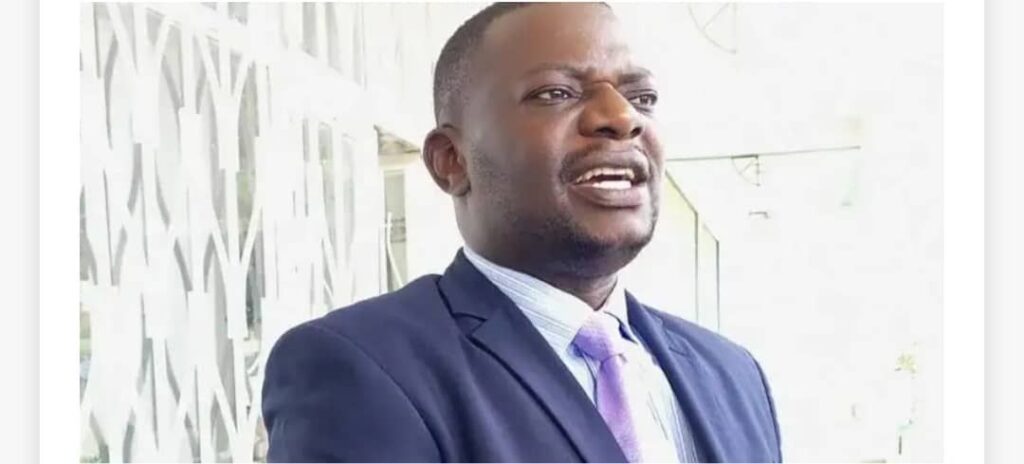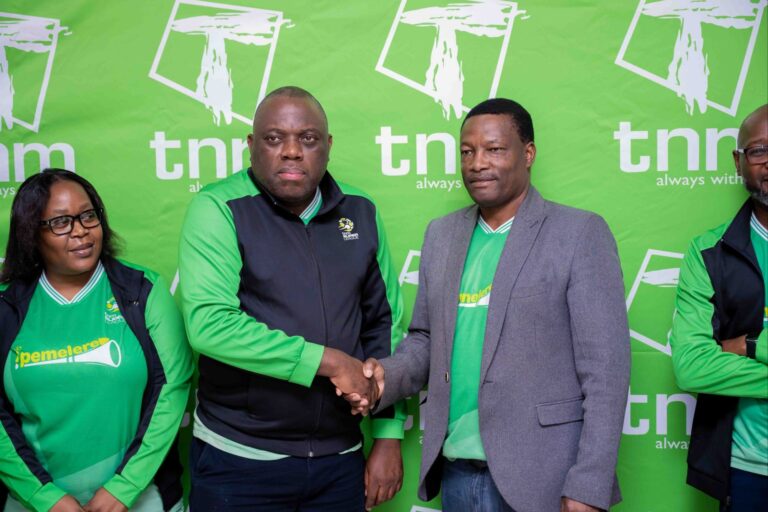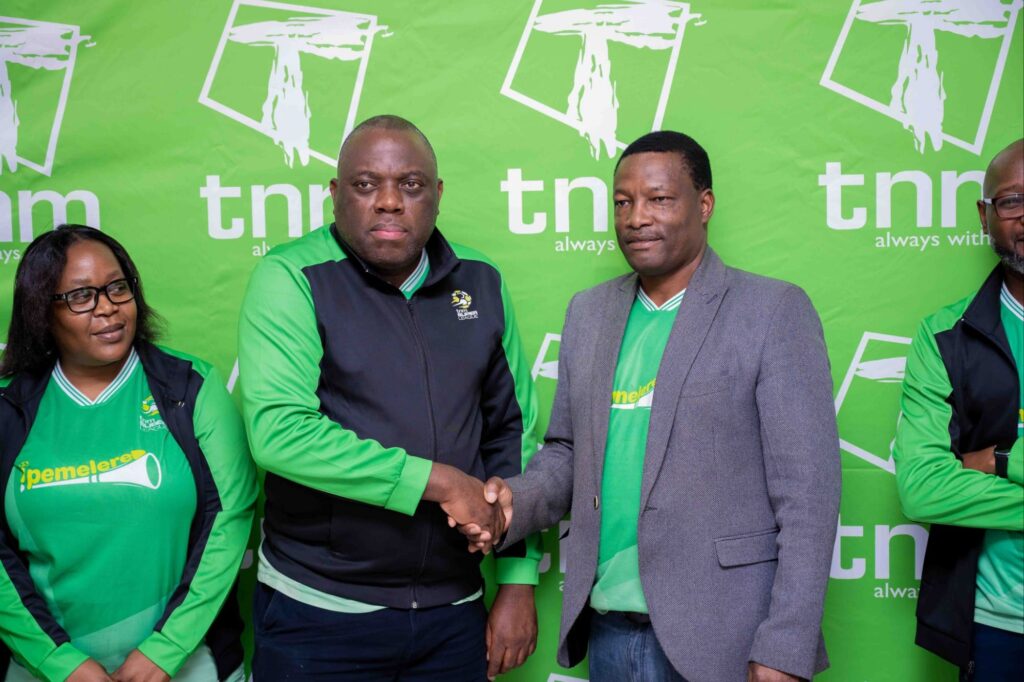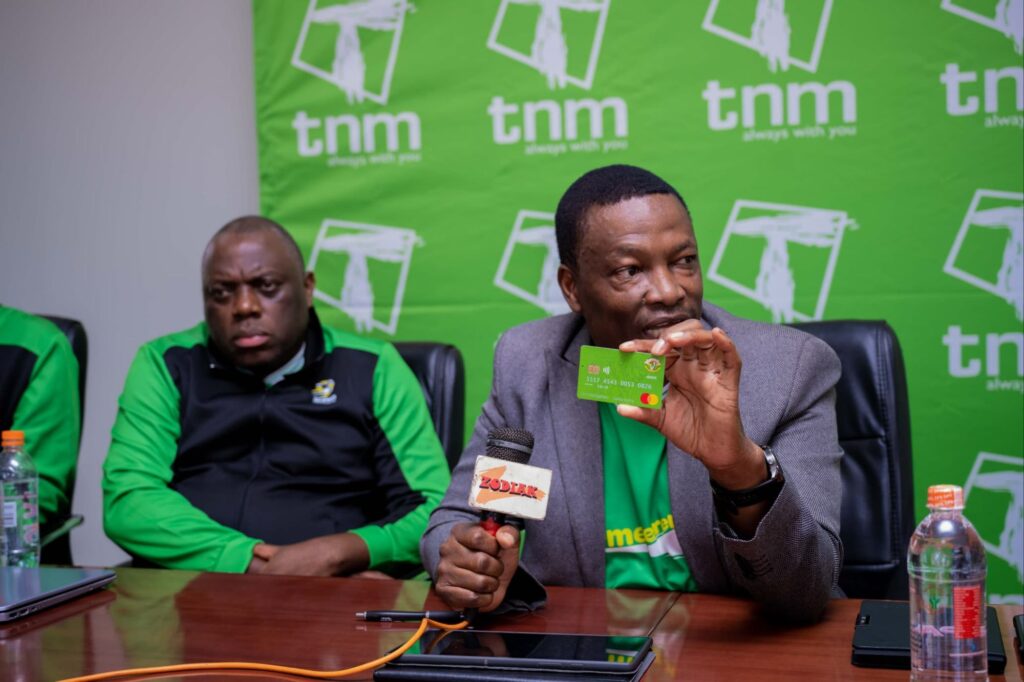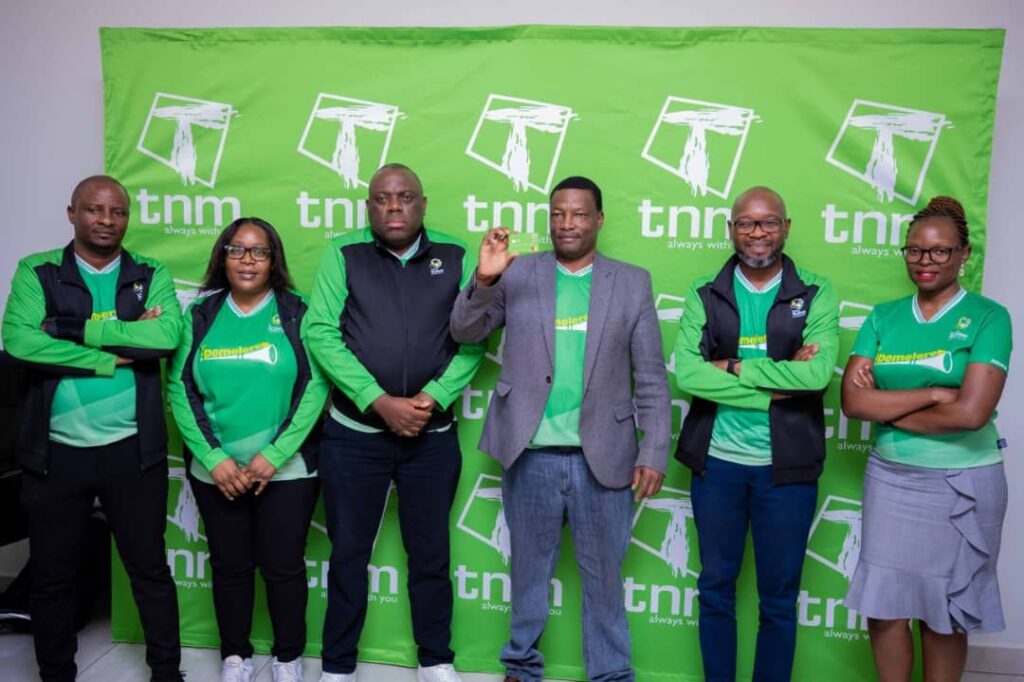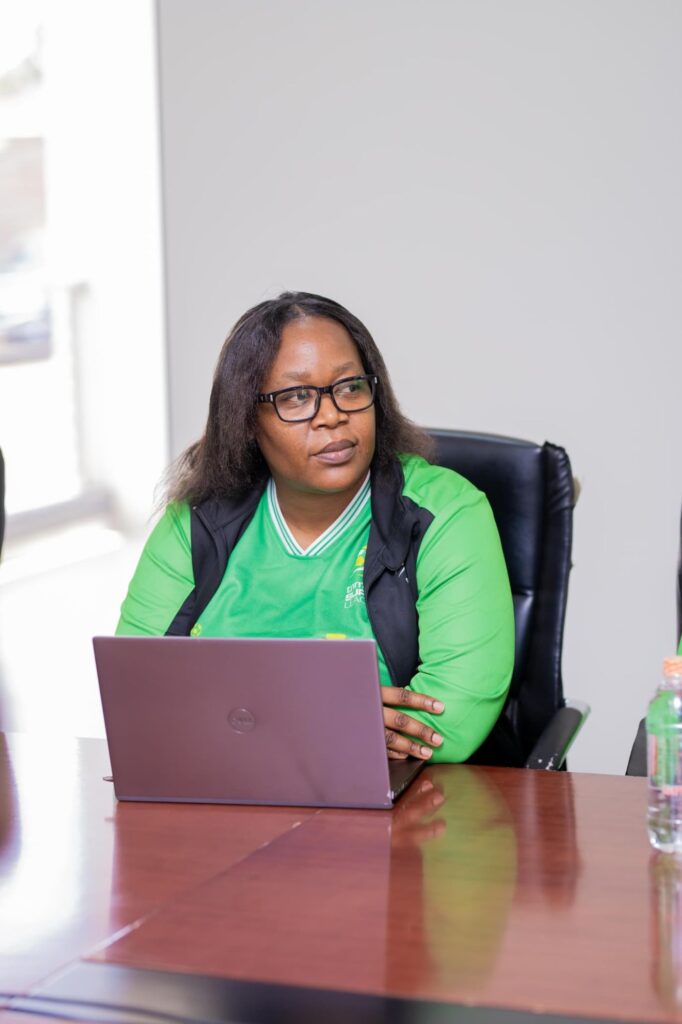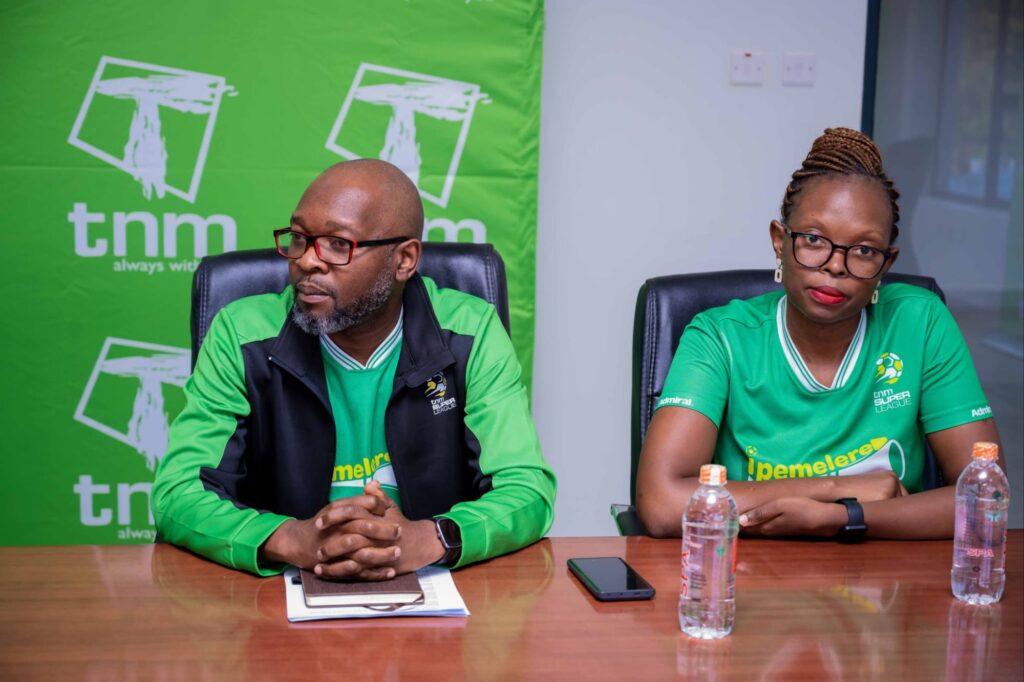By Chisomo Phiri
In an impressive display of skill and determination, Hallmark Limited Managing Director Gift Chidya Gondwe on Sunday emerged as the winner of the Fire-Up Golf Tournament hosted by BrandCorp at Blantyre Sports Club (BSC).
Playing off handicap six, Gondwe scored an impressive 76 and 69, beating all other golfers who participated in the tournament.
In a post-match interview, Gondwe expressed his joy and gratitude, citing his family’s encouragement and support as a key factor in his success.
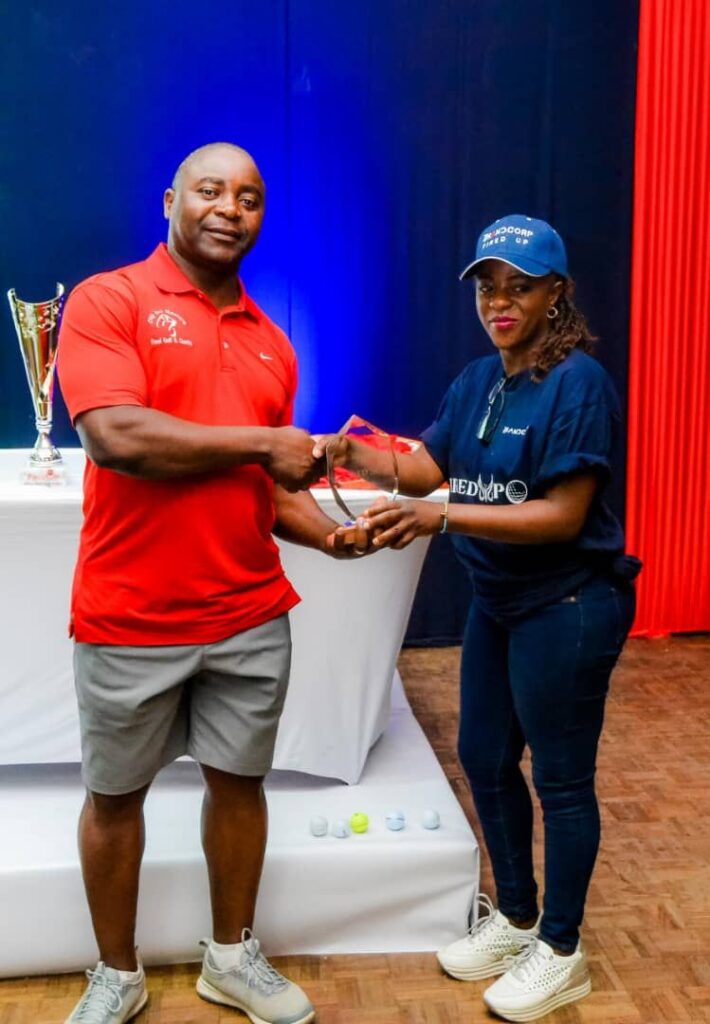
“I am happy for myself, my family, and my kids, Uhuru, and my wife Jennifer, for encouraging me to continue playing golf,” he said.
Gondwe, who started playing golf in 2016, emphasized the importance of practice and preparation in achieving success.
“You do not just win; you need to plan to win. Perfect practice makes perfect,” he said.
When asked about his strategy, Gondwe revealed that his secret was to focus on beating the best golfers.
“If you want to be the best, be amongst the best. Iron sharpens iron, so I played to beat the best,” he said.
Gondwe also highlighted the importance of golf etiquette and rules, citing the need for proper bunker maintenance and adherence to rules.
“We need to educate ourselves and ensure that we play by the rules,” he said.
In conclusion, Gondwe expressed his gratitude and excitement for his win, encouraging others to practice perfectly and strive for excellence in golf.
“Golf is a game of psychology, golf is a game of everything; you need to be prepared,” he said.
On his part, BSC Golf Captain Mike Juma congratulated Gondwe for emerging the champion of the tournament and urged other golfers to emulate the same.
He described the tournament as the first-of-its-kind in Malawi.
“It was really a nice tournament, very creative, and I enjoyed each and every moment of the tournament,” said Juma.
In the teams category, the Blue team emerged victorious, scoring 16 points against the Red team’s 14 points.



